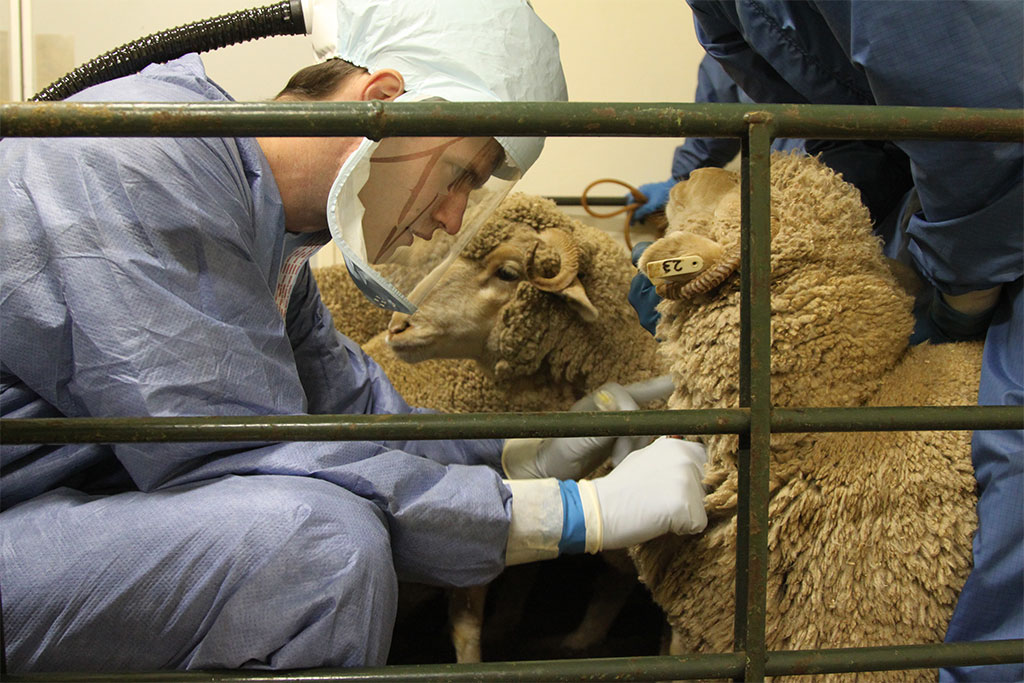
Senegal’s Ministry of Health and Public Hygiene issued a new update on Thursday regarding two closely monitored epidemics affecting the country.
Rift Valley fever continues to spread in northern regions, while Mpox remains largely contained in the capital, Dakar.
Authorities have reported several fatalities linked to Rift Valley fever, whereas Mpox appears under control amid ongoing surveillance and public health measures.
Since the onset of the Rift Valley fever outbreak, Senegal has confirmed 196 cases, including 21 deaths and 147 recoveries. The region of Saint-Louis remains the hardest hit, accounting for 179 cases primarily in the districts of Saint-Louis and Richard-Toll.
Other regions including Matam, Louga, Fatick, and Dakar report a combined total of 17 cases, according to official figures.
The ministry highlighted a clear geographic concentration of the outbreak along the river valley, an area with intensive pastoral activity.
“This profile recalls previous health alerts in 1987 and 2013, when the virus, transmitted by infected mosquitoes, affected livestock farmers and agricultural workers,” the ministry noted.
Authorities continue to emphasise sanitation, livestock monitoring, and safe abattoir practices as key measures to reduce transmission risk.
Citizens are urged to report any suspected cases through dedicated toll-free lines. Technical assistance from international partners is under evaluation to strengthen epidemiological surveillance and logistics in rural areas, with details expected in a forthcoming public report.
In contrast, Mpox, first detected in Senegal in August 2025, has recorded six confirmed and two probable cases, all in Dakar. Eight patients have recovered, and no deaths have been reported.
Health teams continue to monitor 22 close contacts and coordinate community-based interventions, particularly in densely populated districts of the capital.
The Ministry of Health continues to rely on public health laws and WHO-validated rapid response protocols to manage both epidemics. Information campaigns are planned to reinforce preventive measures, and an assessment of exposure risks in northern agricultural zones is expected before year-end.
The ministry concluded by urging citizens to remain vigilant and cooperative, stressing that the stability of the current situation depends heavily on adherence to preventive guidance.



